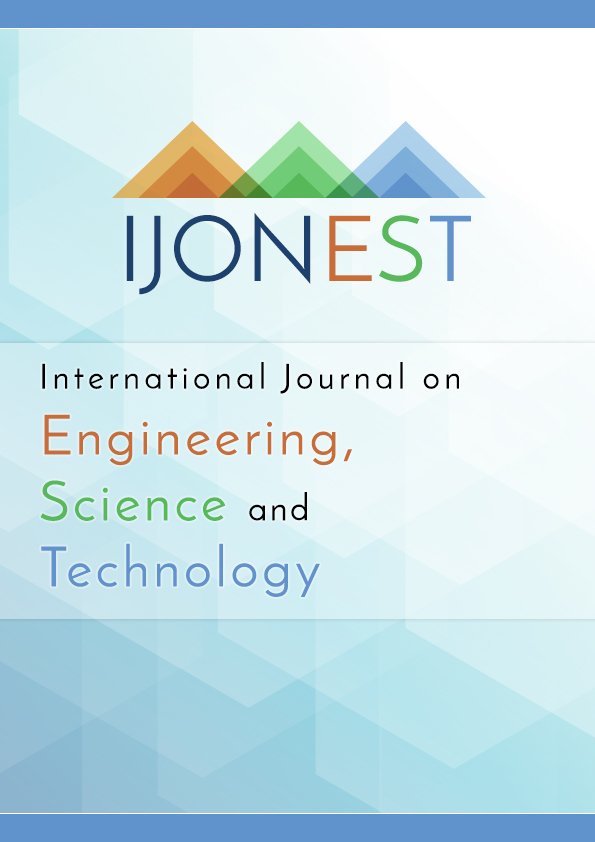The Relationship of Intellectual Intelligence and Emotional Intelligence to Students' Learning Outcomes in Intelligence Courses
DOI:
https://doi.org/10.46328/ijonest.96Keywords:
Emotional Intelligence, Intellectual Intelligence and Intelligence Learning OutcomesAbstract
Education is a very important aspect in an effort to improve the quality of human resources in various aspects of social, national and state life, therefore, in carrying out its functions, the POLRI can produce something optimal if the quality and quantity of POLRI members is continuously improved through the provision of quality education. The POLRI education system, which has been colored by military nuances, has an impact on the behavior of POLRI members who are arrogant, unprofessional, so that they are not liked by the public. In an effort to create professional and cultured POLRI members, and able to balance the level of public education, the POLRI education system is structured based on the national education system through the development of Police Science, which currently has a consortium (Institute for Curriculum Cooperation) Police Science at the Ministry of Education and Culture. The method used in this study is a survey method with correlational techniques. The variables of this study consisted of two independent variables, namely emotional intelligence (X1) and intellectual intelligence (X2). While the dependent variable (dependent variable) is the result of learning Intelligence. The population in this study were all participants. Students In Education Formation of the POLRI General Duty Brigadier at the Polda Metro Jaya Lido Bogor State Police School, while the sample of this study was 100 people. The results of this study are 1).There is a positive relationship between emotional intelligence and learning outcomes in intelligence subjects. 2). There is a positive relationship between intellectual intelligence and learning outcomes in intelligence subjects. 3). There is a positive relationship between emotional intelligence and intellectual intelligence together with the learning outcomes of intelligence subjects.Downloads
Published
Issue
Section
License
Articles may be used for research, teaching, and private study purposes. Authors alone are responsible for the contents of their articles. The journal owns the copyright of the articles. The publisher shall not be liable for any loss, actions, claims, proceedings, demand, or costs or damages whatsoever or howsoever caused arising directly or indirectly in connection with or arising out of the use of the research material.
The author(s) of a manuscript agree that if the manuscript is accepted for publication in the International Journal on Engineering, Science and Technology (IJonEST), the published article will be copyrighted using a Creative Commons “Attribution 4.0 International” license. This license allows others to freely copy, distribute, and display the copyrighted work, and derivative works based upon it, under certain specified conditions.
Authors are responsible for obtaining written permission to include any images or artwork for which they do not hold copyright in their articles, or to adapt any such images or artwork for inclusion in their articles. The copyright holder must be made explicitly aware that the image(s) or artwork will be made freely available online as part of the article under a Creative Commons “Attribution 4.0 International” license.

This work is licensed under a Creative Commons Attribution-NonCommercial-ShareAlike 4.0 International License.





